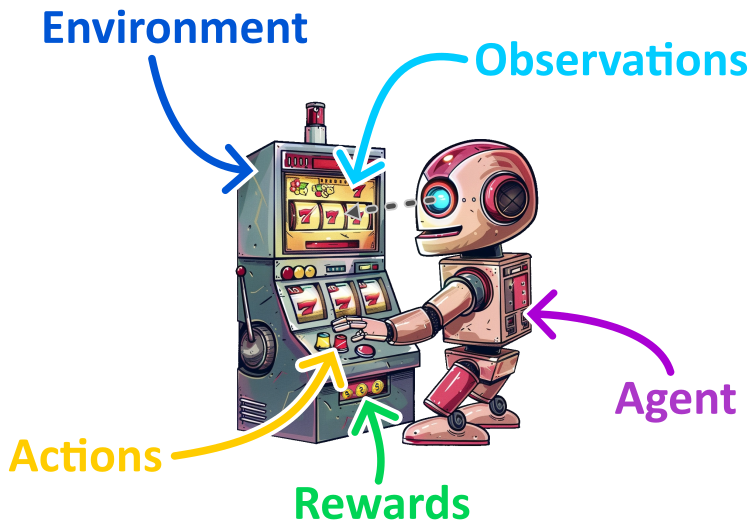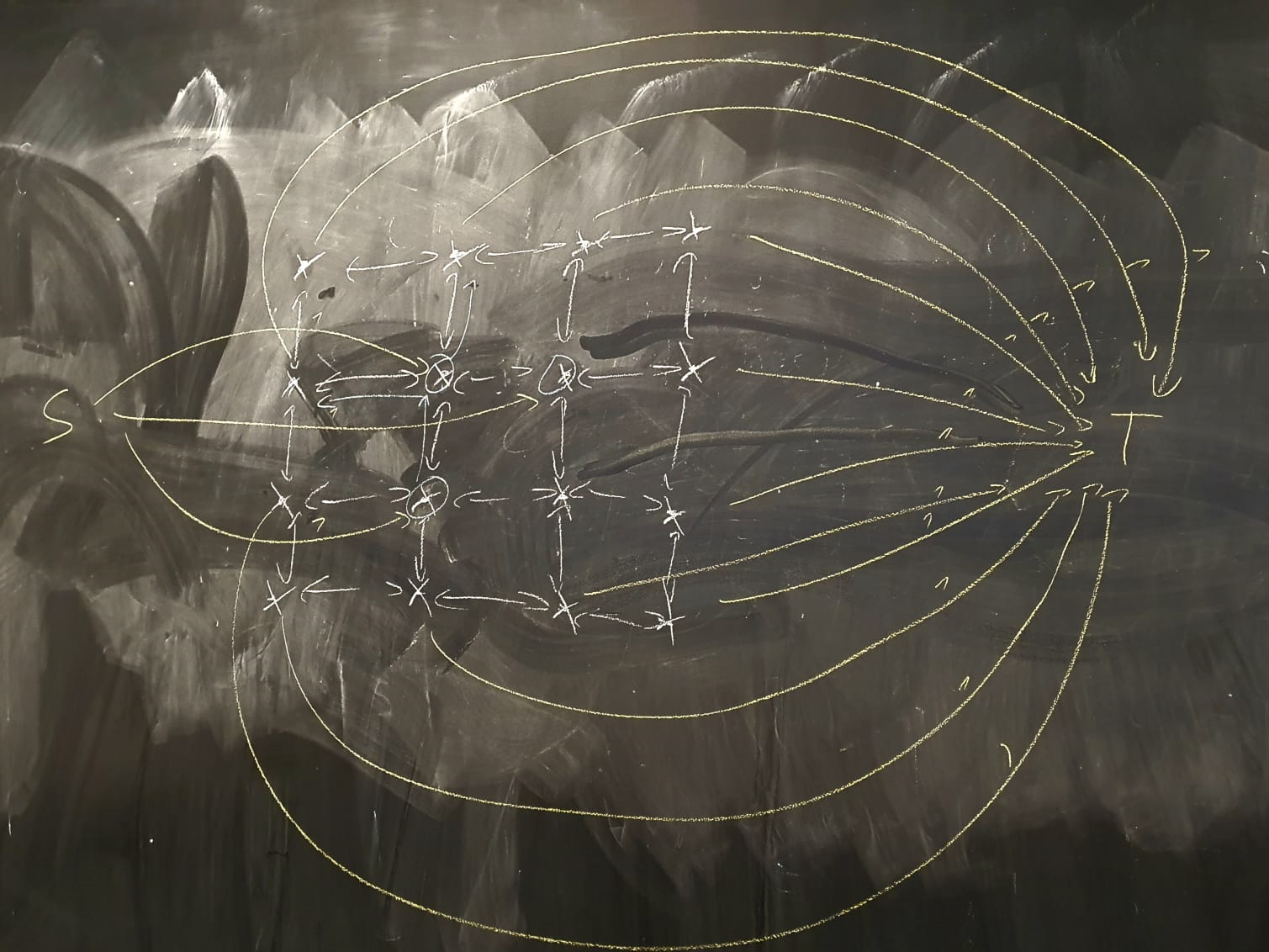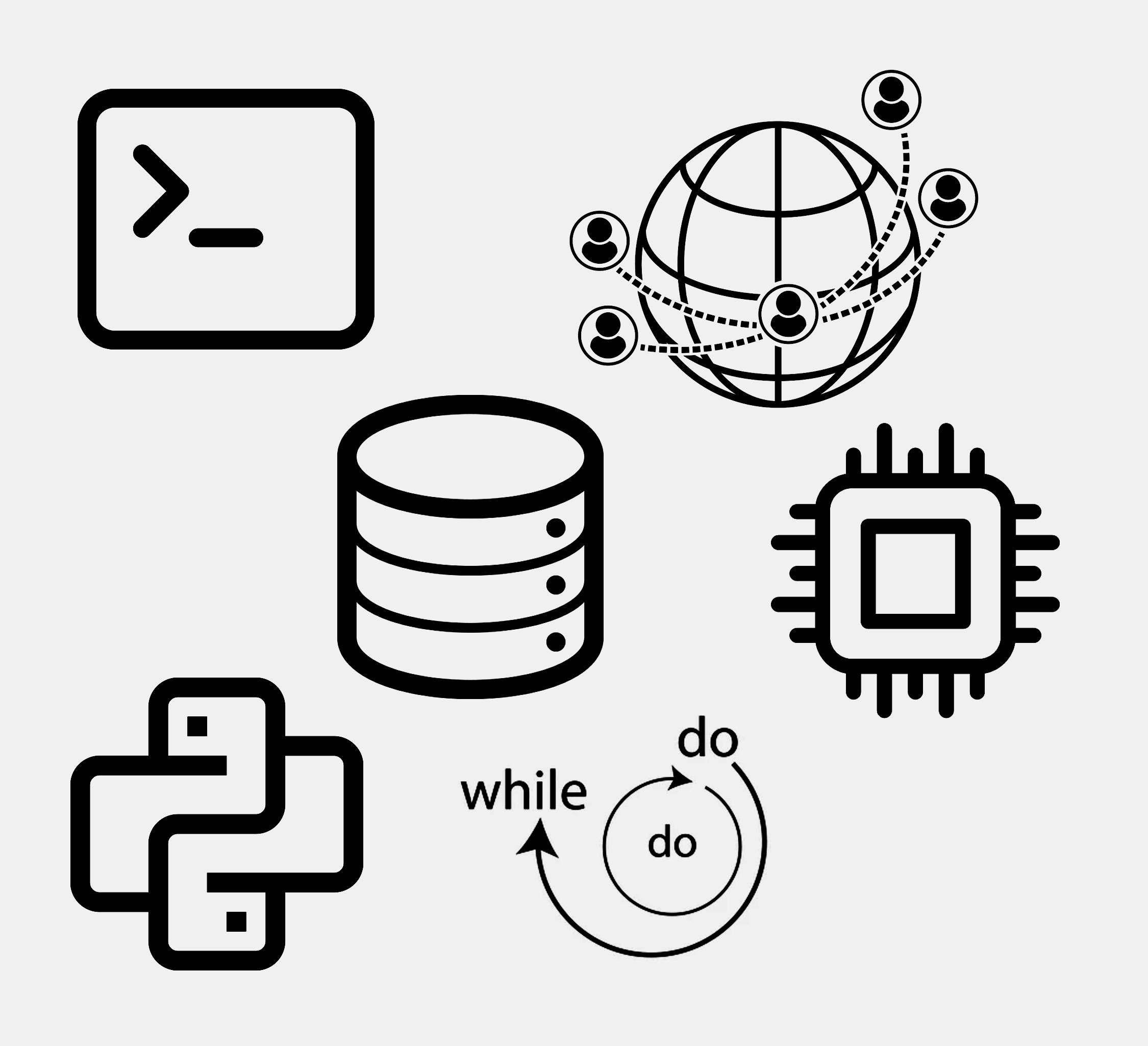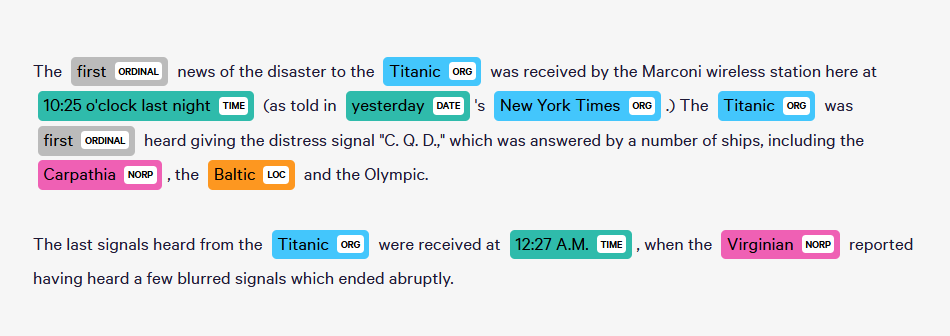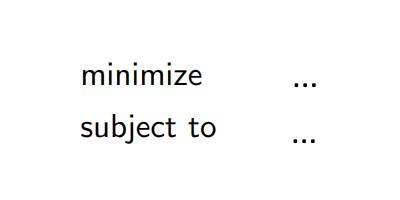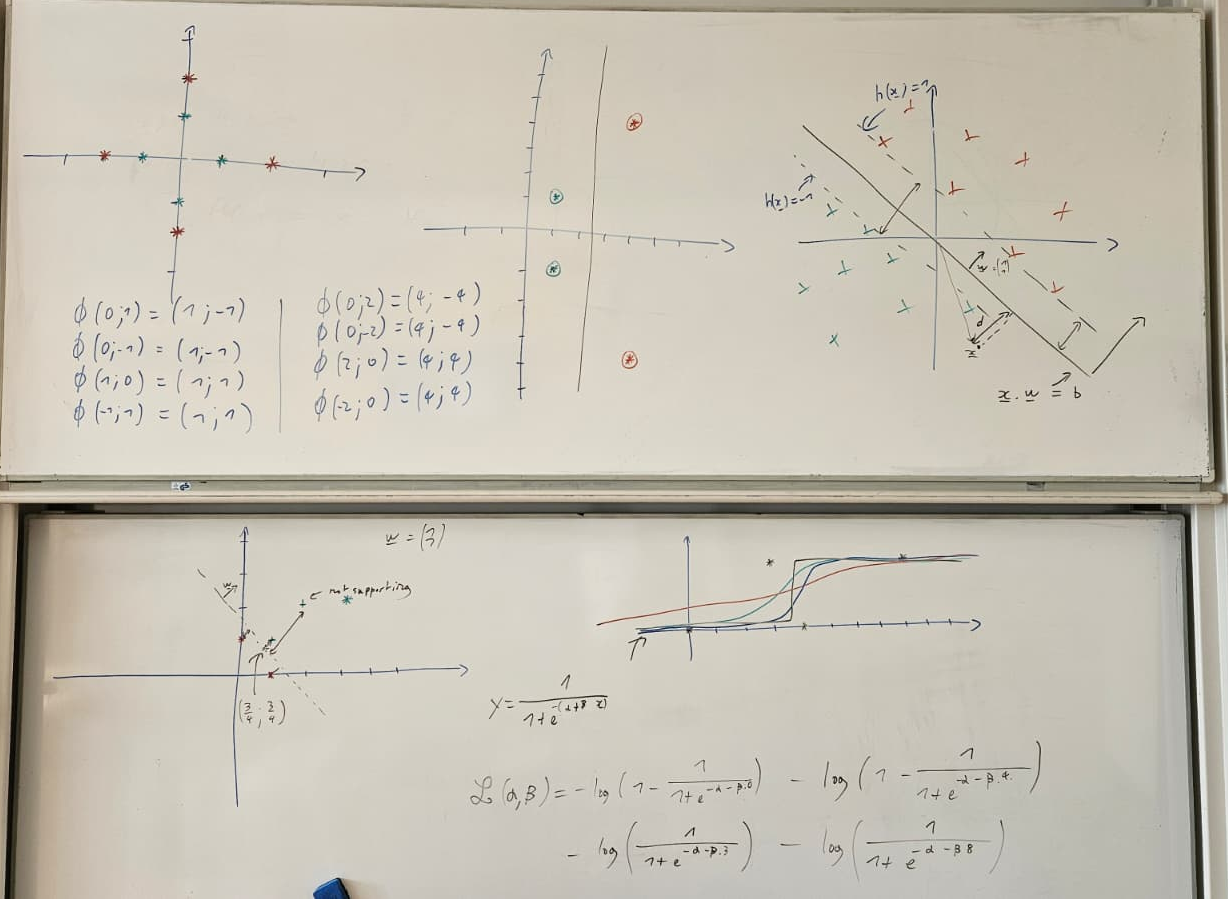
This course teaches basic mathematical methodologies.
There are 8 sessions of 3h (1h30 lecture, 1h30 practical work).
The topics covered are:
• Combinatorics
• Calculus
• Optimization
• Linear Algebra
• Principal Components Analysis
• Differential Equations
• Constrained Optimization
• Binary Classification
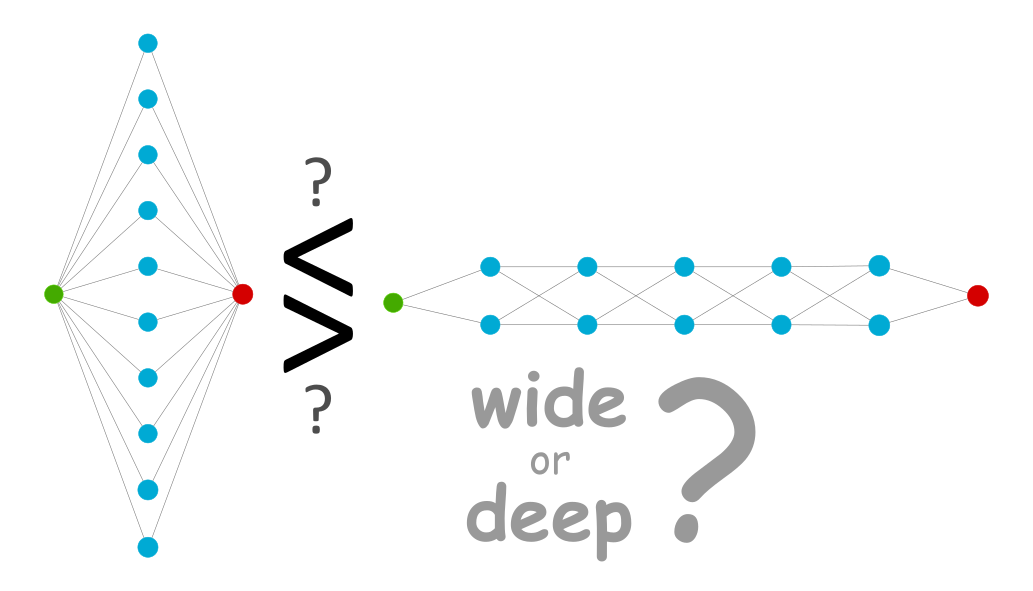
This course teaches basic deep learning techniques.
It relies on the PyTorch framework.
Students are expected to have a basic knowledge of Python and Machine Learning.
The course is 10 sessions of 3h (1h30 lecture, 1h30 practical work).
There are three tasks that require the development of AI for examination.
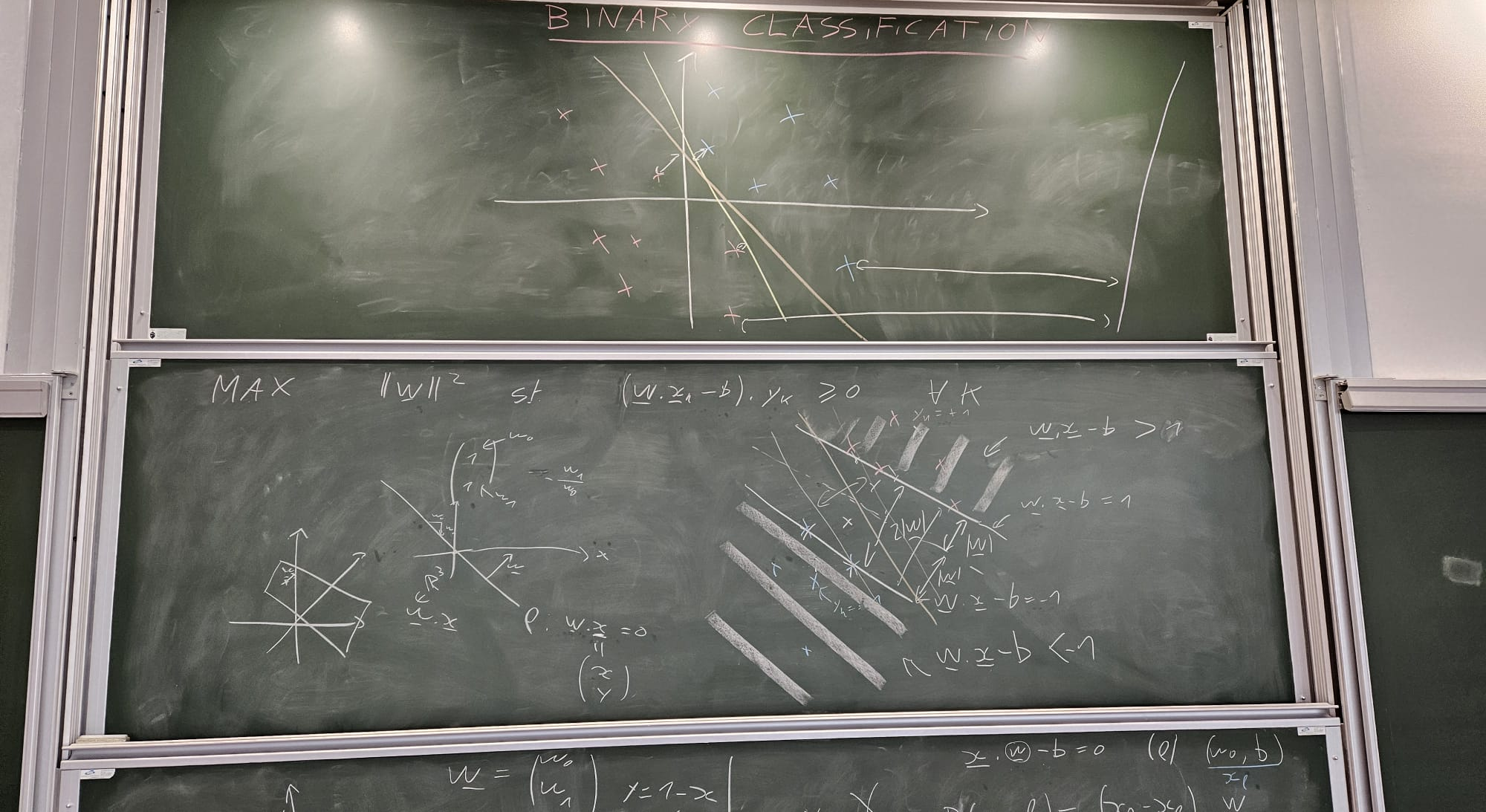
This course teaches basic mathematical methodologies.
There are 8 sessions of 3h (1h30 lecture, 1h30 practical work):
• Session 1: Combinatorics
• Session 2: Calculus
• Session 3: Optimization
• Session 4 & 5: Linear Algebra
• Session 6: Principal Components Analysis
• Session 7: Binary Classification
• Session 8: Differential Equations
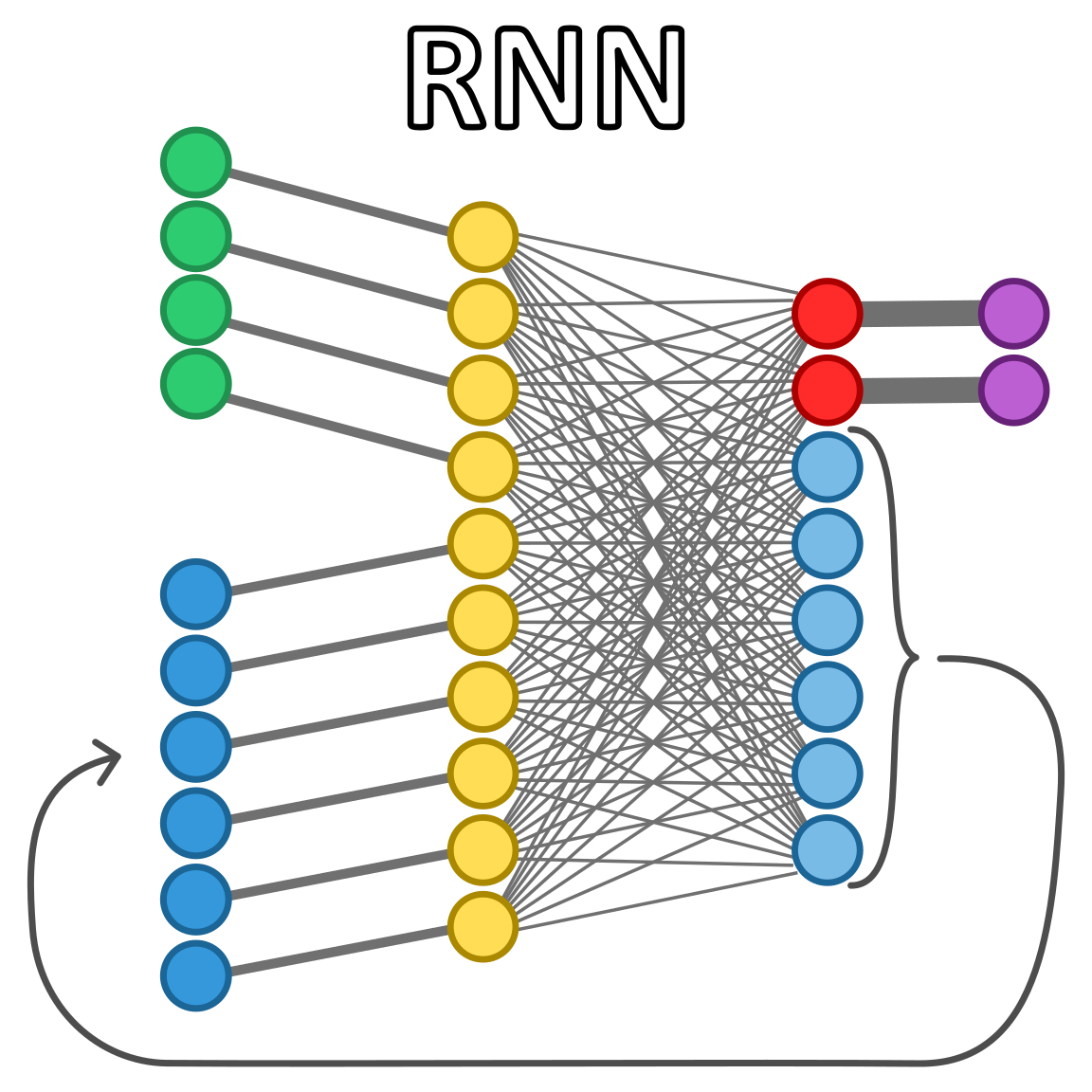
This course teaches basic deep learning techniques.
It relies on the PyTorch framework.
Students are expected to have a basic knowledge of Python and Machine Learning.
The course is 10 sessions of 3h (1h30 lecture, 1h30 practical work).
There are eight Kaggle competitions (five compulsory) and a five munites oral presentation as
examination.
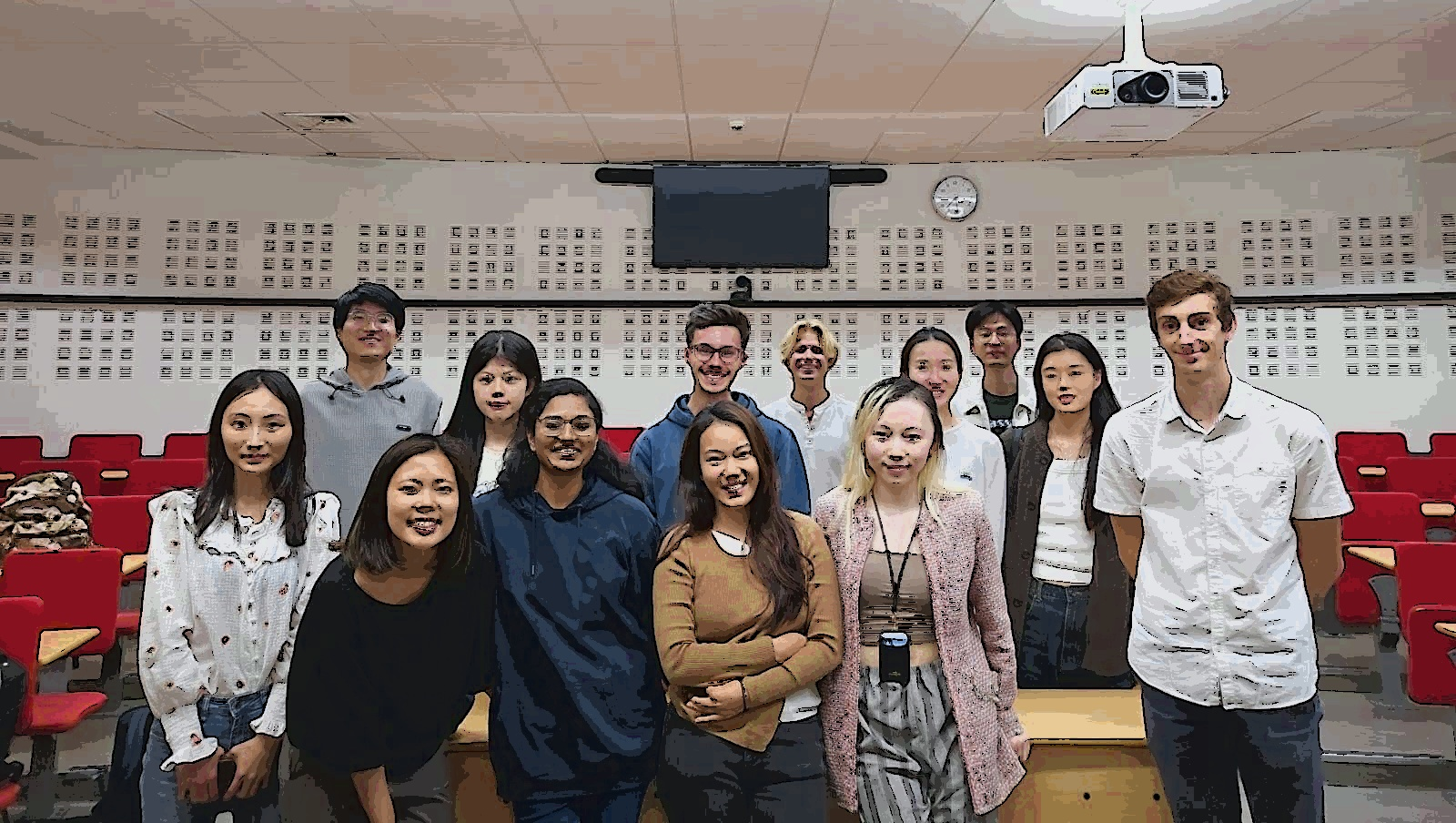
This course teaches basic mathematical methodologies. The course will try to cover most of the prerequisites of the teaching in the Master; mainly: Optimization, Linear Algebra, Calculus, Partial Differential Equations, Principal Component Analysis, and Binary Classification.
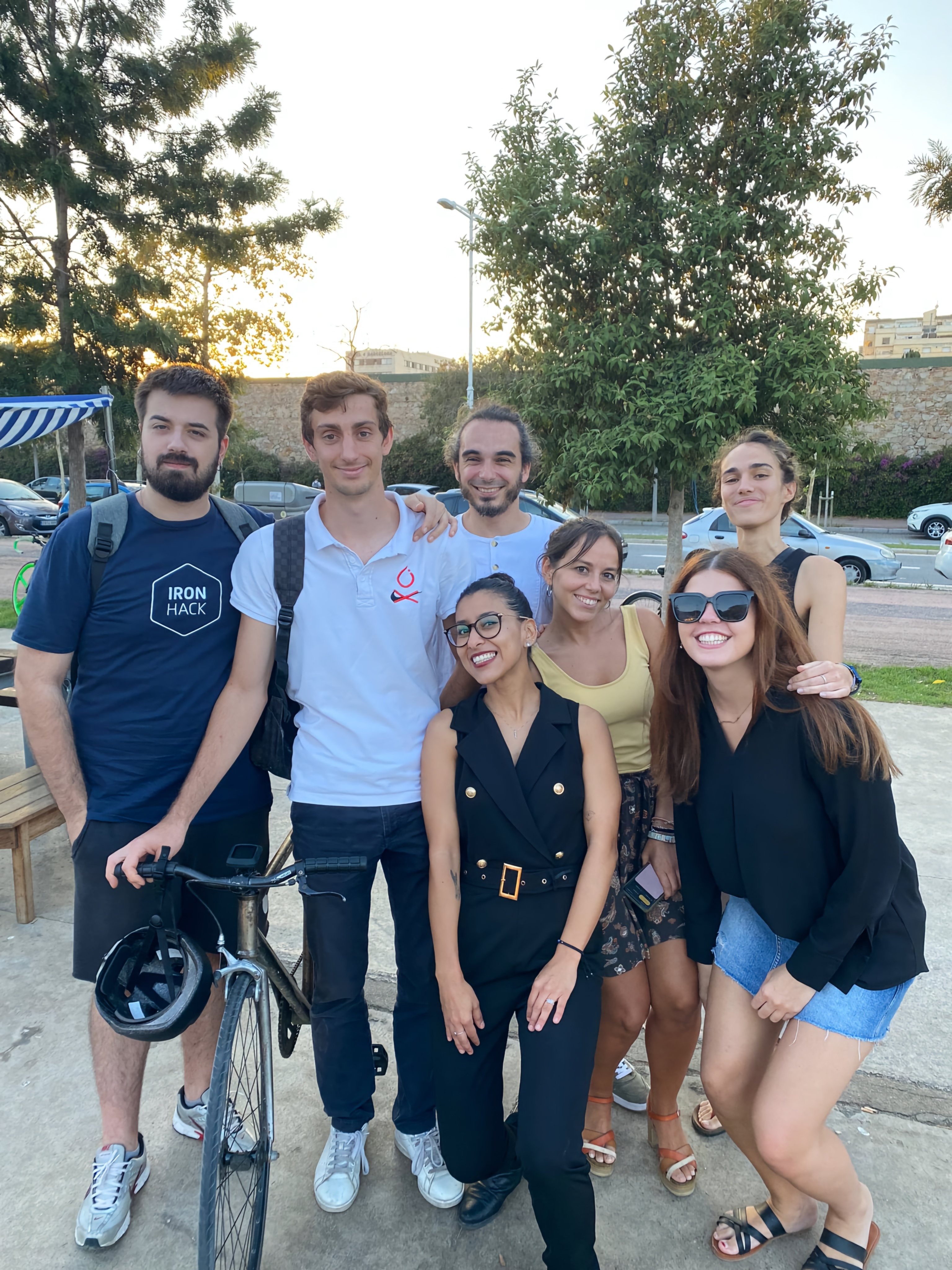
This course teaches basic data science using Python, SQL, web technologies, Tableau and basic mathematics. The content covers the premises of programming, data scrapping, mathematical modelling, and artificial intelligence. The main ressources are property of IronHack, but extra ressources (mainly on AI, created by myself) are open source.
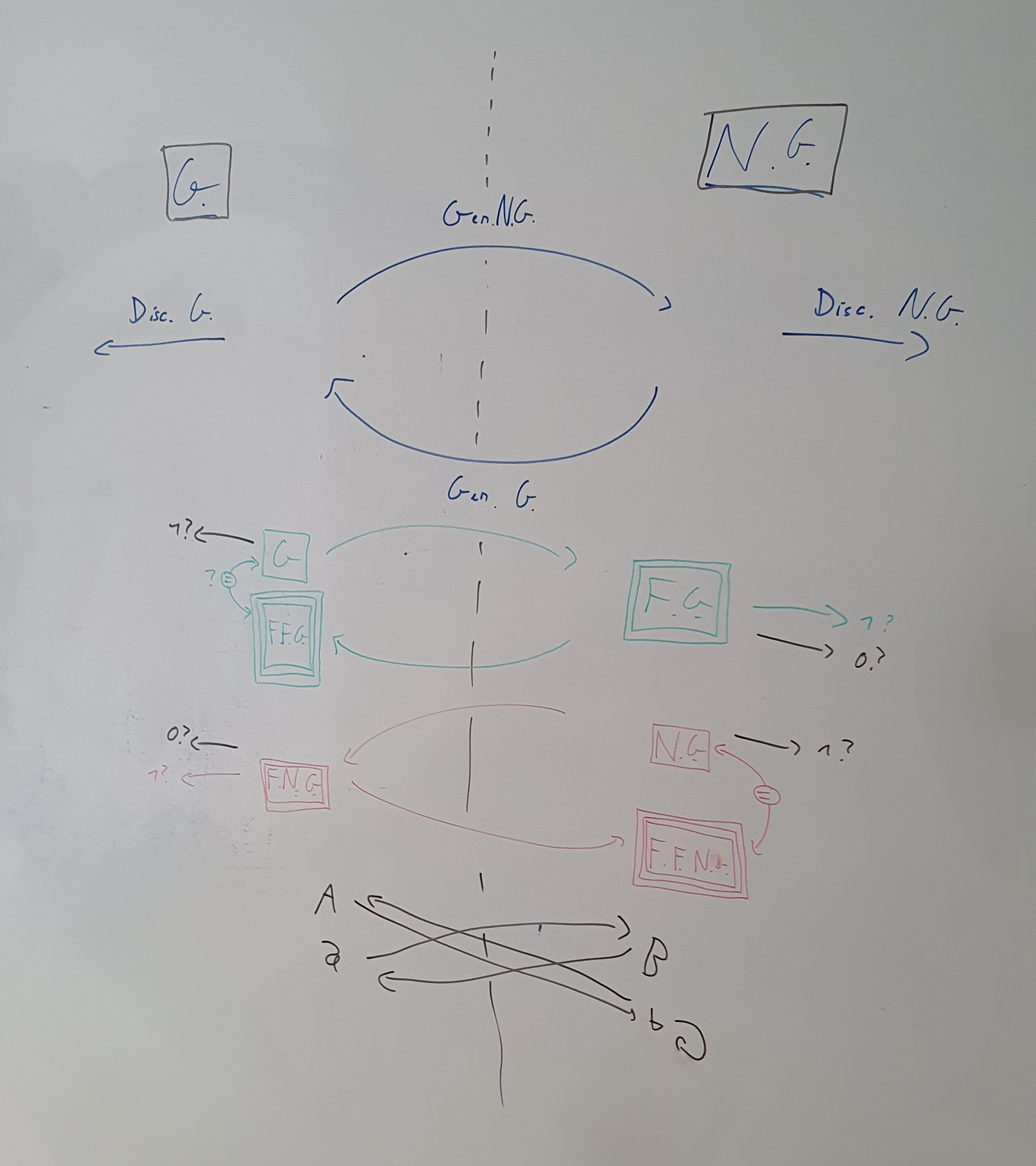
This course teaches basic deep learning techniques.
It relies on the PyTorch framework.
Students are expected to have a basic knowledge of Python and Machine Learning.
The course is 10 sessions of 3h (1h30 lecture, 1h30 practical work).
There is a final project and five Kaggle competitions as examination.

This course teaches basic mathematical methodologies for proofs. It is intended for students with
a lack of mathematical background, or with a lack of confidence in mathematics. The course will
try to cover most of the prerequisites of the teaching in the Master, mainly linear algebra,
differential calculus, integration, and asymptotic analysis.
DSBA - CentraleSupélec
;
DSBA - ESSEC

